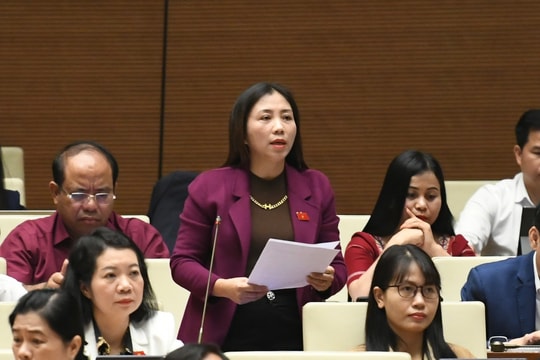1 in 6 adults in the world are infertile.
A new report from the World Health Organization (WHO) shows that a large number of adults are affected by infertility.
According to a press release on April 3, WHO affirmed that the new findings emphasize the urgent need to increase access to high-quality, affordable reproductive care services.
The new estimates also show that there are regional variations in infertility rates and are comparable across all countries and income levels, WHO said.
According toReuters,The report analyzed studies conducted between 1990 and 2021. The results showed that approximately 17.5% of adults worldwide are affected by the inability to have children at least once in their lifetime (equivalent to 1 in 6 adults being infertile).
About 17.8% of adults in high-income countries have experienced infertility. The figure is 16.5% in low- and middle-income countries.
“The scale of those affected highlights the need to expand access to reproductive care and ensure policies and research do not ignore the issue,” said WHO Director-General Tedros Adhanom Ghebreyesus.
WHO defines infertility as a male or female reproductive disease characterized by the inability to achieve pregnancy after 12 months of regular unprotected sexual intercourse.
James Kiarie, head of the WHO's Contraception and Fertility Care Department, said there was no evidence of an increase in infertility rates between 1990 and 2021. "Based on the data we have now, we cannot say whether infertility is increasing or staying the same," Kiarie said.
The report highlights the need for countries to collect and share consistent data on infertility, disaggregated by age and cause, as well as information on who needs fertility care./.



